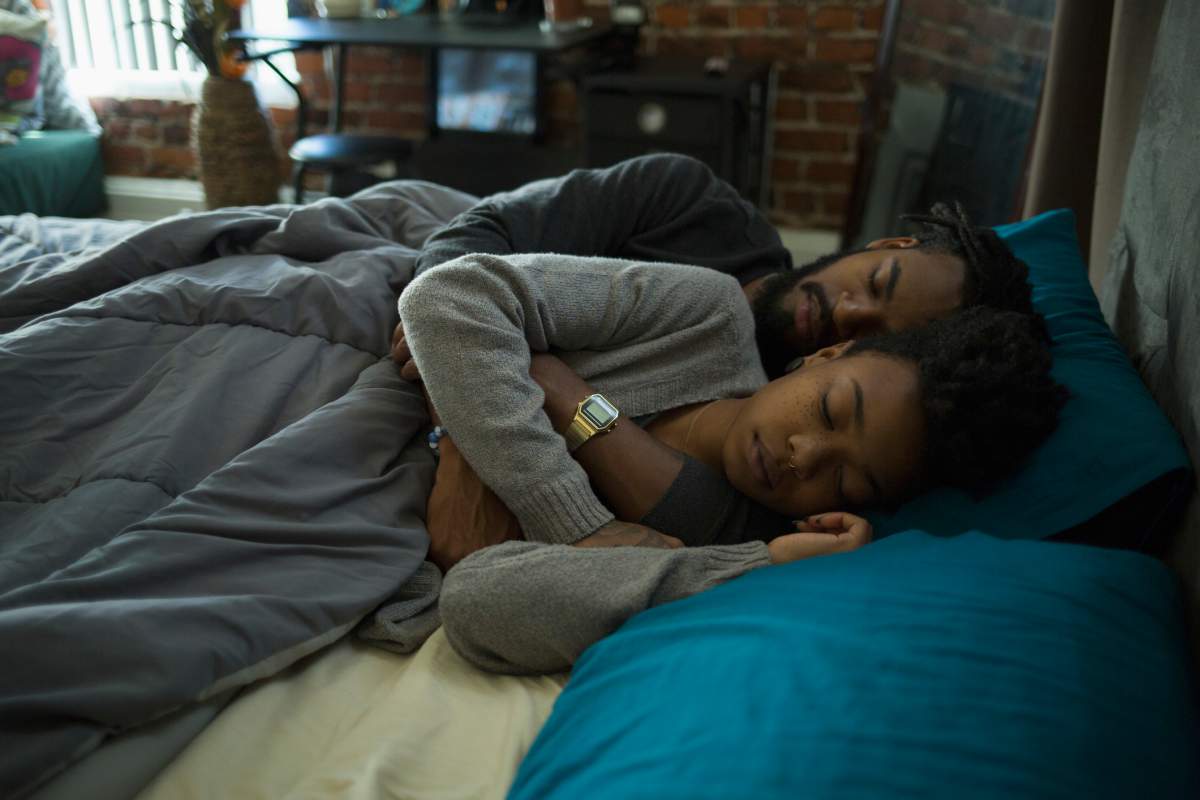Some good news: science shows sleeping in on the weekends could be beneficial to our health.

The Swedish study, recently published in the Journal of Sleep Research, found adults 65 and under who slept five or fewer hours every night during the week had a 65 per cent higher risk of death compared to those who snoozed more than six or seven hours per day.
Researchers note for those who didn’t get enough sleep during the weekdays, for example, sleeping in on weekends had no raised mortality risk.
Co-author Torbjörn Åkerstedt of the Stress Research Institute at Stockholm University and Karolinska Institutet tells Global News the message of this research is to encourage people to get enough sleep during the week.
“Short sleepers during both weekdays and weekends have an increased mortality,” he says via e-mail. “Same with consistent long sleepers. However, weekday short sleepers seem to be able to compensate during the weekend by sleeping more,” adding those who slept more than eight hours a day, seven days a week, had a 25 per cent higher mortality rate compared to those who slept for six to seven hours.
READ MORE: Should you nap at work? A sleep specialist says yes
The research
The study looked at data of more than 43,000 adults in Sweden starting from the year 1997. The study notes a cohort of subjects were followed for 13 years.
Speaking with The Gaurdian, Åkerstedt added researchers had looked at links between sleep duration and mortality in the past, but generally focused on sleeping patterns during the week.

“I suspected there might be some modification if you included also weekend sleep, or day-off sleep,” he told the site.

Get weekly health news
The Guardian also notes after looking at factors like gender, BMI, smoking, shift work and how active participants were, researchers were able to see how sleep impacted their day-to-day.
READ MORE: These 6 tips will help you fall asleep faster
Another part of the research that stood out, Åkerstedt adds, is the importance of sleep as we age.
“It appears that you tend to get the sleep that you need with increasing age, even if it is rather short. Apparently, the need for sleep decreases with aging,” he says.
And what does sleeping in actually look like? He adds most of us will benefit from just an hour or so of more sleep.
Finding a routine
And as the lack of sleep continues to be a common concern for many, experts note, finding the time to get proper sleep means sticking to a routine.
“Try to sleep for seven hours regardless of day of the week, but older individuals need less, and younger need more sleep,” he says. “But as long as daytime functioning is OK, you probably get enough sleep. Don’t emphasis formal sleep duration too much.”
And although previous studies have shown sleeping in may not always work, setting a regular sleep schedule may be more beneficial.
Start by getting into the habit of sleeping and waking up at the same time every day — even on weekends.
READ MORE: A sleep divorce could save your marriage
Switching up your bedroom can also help, experts note.
Create a relaxing space that you want to sleep in and avoid bringing in work, food or your cellphone with you before you sleep.
“The bright screen essentially tells your brain to turn off the sleep switch and tricks it into thinking you need to be awake. This, in turn, suppresses melatonin production and increases cortisol and adrenaline,” Alanna McGinn, family sleep consultant and founder of Goodnight Sleep Site told Global News earlier this year.








Comments
Want to discuss? Please read our Commenting Policy first.